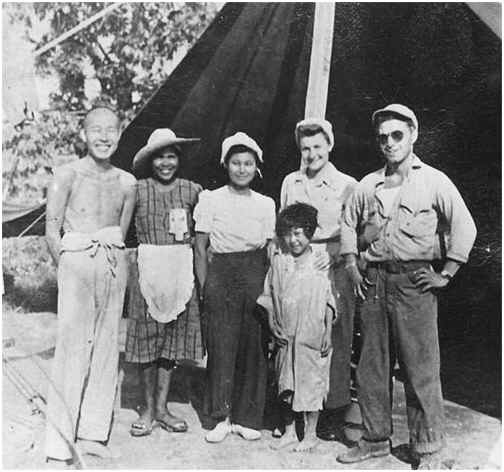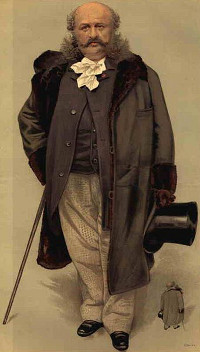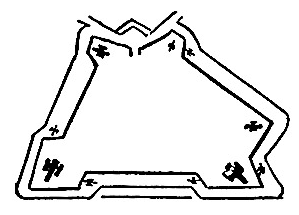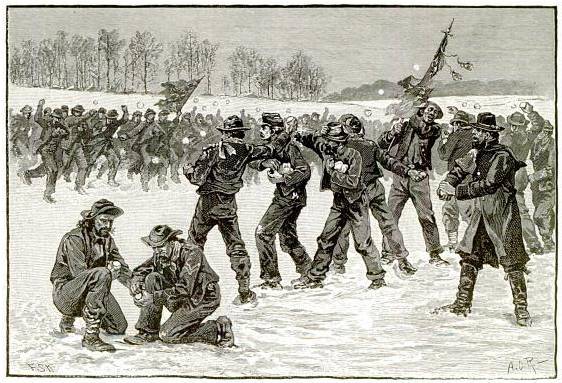
Marine private Guy Gabaldon was 18 years old when he took part in the invasion of Saipan in the Mariana Islands in June 1944. In order to secure the island, Gabaldon began to go on “lone wolf” missions, using his smattering of Japanese to convince enemy civilians and troops to give themselves up.
“Immediately after landing on Saipan I decided that I would go off into enemy territory to fight the war as I saw fit,” he wrote in his 1990 memoir Saipan: Suicide Island. “I always worked alone, usually at night in the bush. I must have seen too many John Wayne movies, because what I was doing was suicidal.”
“My plan, as impossible as it seemed, was to get near a Japanese emplacement, bunker or cave, and tell them that I had a bunch of marines with me and we were ready to kill them if they did not surrender. I promised that they would be treated with dignity, and that we would make sure that they were taken back to Japan after the war.”
He must have been stupendously persuasive, because he captured 1,500 Japanese single-handed — including 800 on a single day in July. “When I began taking prisoners it became an addiction,” he wrote. “I found that I couldn’t stop — I was hooked.”
Gabaldon earned a Navy Cross for his efforts, and Jeffrey Hunter played him in the 1960 film Hell to Eternity. “The heroes are still over there,” he told the Chicago Tribune at the film’s opening. “Those who gave their all are the heroes.”





